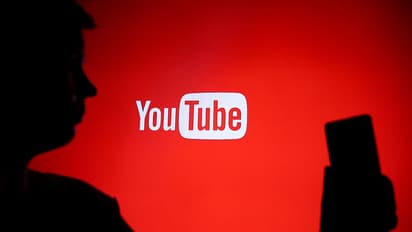YouTube’s AI spam crackdown begins July 15: Here’s what creators need to know

Synopsis
YouTube is strengthening its Partner Program guidelines to combat spam, AI-generated, and low-quality content. The platform emphasizes original and authentic content for monetization, targeting the rise of 'AI slop' videos lacking human ingenuity.
Of late, YouTube has been dealing with the problem of spam videos, including low-quality, AI-generated content, which has affected the quality and monetisation on the platform. YouTube has stated that it is strengthening its YouTube Partner Program (YPP) monetisation guidelines in an effort to combat this garbage material. The platform has modified its policies to target information that is not legitimate. The new YouTube content guideline will go into effect on July 15.
YouTube maintains that this is only a clarification of the current regulations, but both producers and users are closely monitoring this. YouTube's enhanced emphasis on original and authentic content criteria, which the firm says have always been necessary for monetisation eligibility, is at the heart of this policy modification.
But as generative AI tools have become more popular, there has been a surge in what is known as AI slop, or video material that has been hurriedly put together using stock footage, AI-generated narration, or reused images. Some of these films receive millions of views, yet many lack content and quality and show little to no human ingenuity. This type of content is the focus of YouTube's policy modification.
What else?
YouTube is also altering its ad category settings in an effort to further purify its monetisation ecology. YouTube Studio will no longer support the "Bare Skin (Image Only)" sensitive category as of July 15. YouTube advises using more specialised categories like "Reference to Sex" for greater control, and channels that utilise this setting have until August 15th to change their filters.
All things considered, YouTube's revised content policy is a step in the company's battle against the deluge of AI-generated, low-effort video that has inundated the site in recent years. These videos not only clog the site but also reduce its usefulness for users and artists.
Find the latest Technology News covering Smartphone Updates, AI (Artificial Intelligence) breakthroughs, and innovations in space exploration. Stay updated on gadgets, apps, and digital trends with expert reviews, product comparisons, and tech insights. Download the Asianet News Official App from the Android Play Store and iPhone App Store for everything shaping the future of technology.